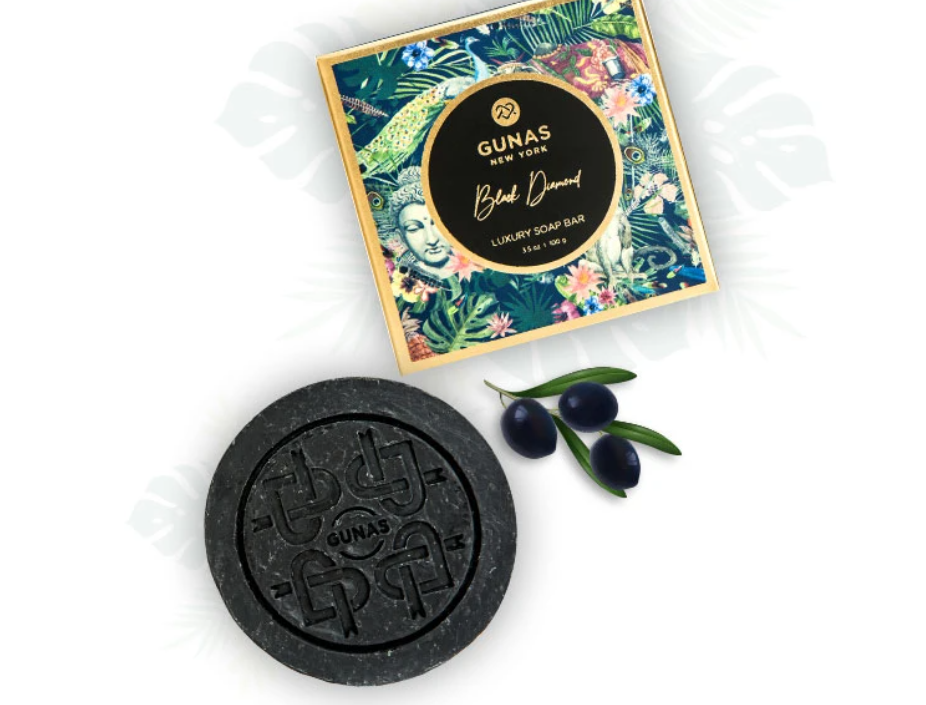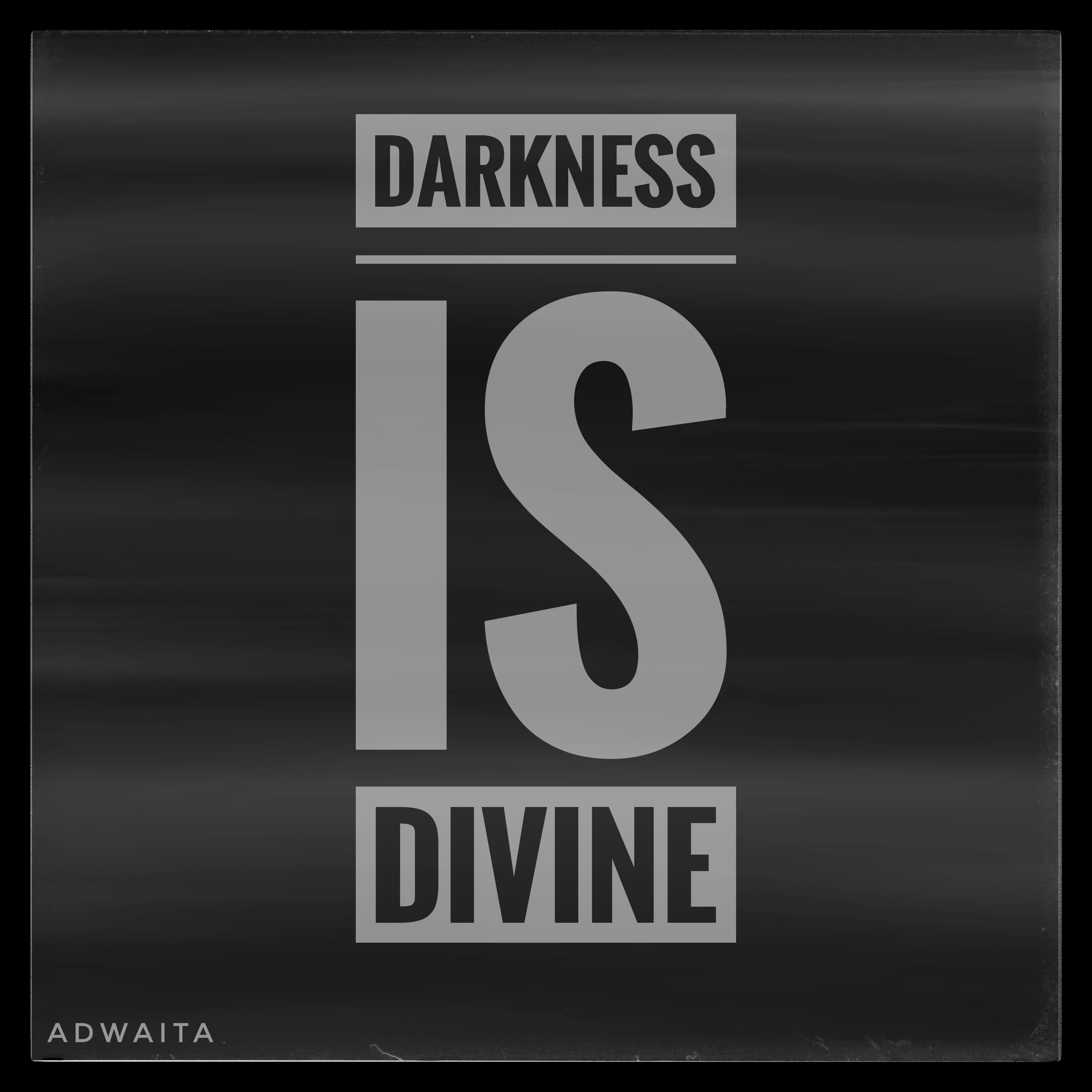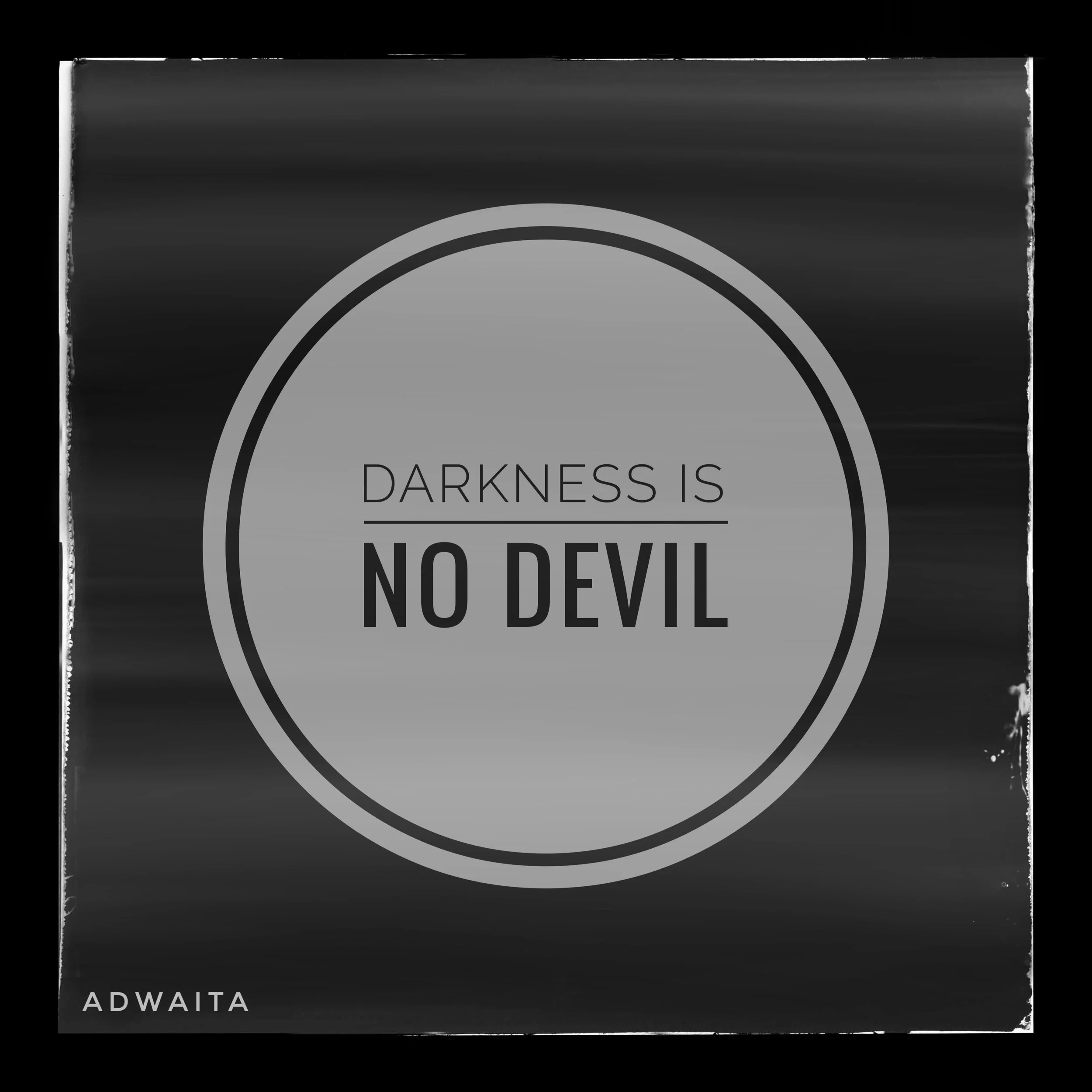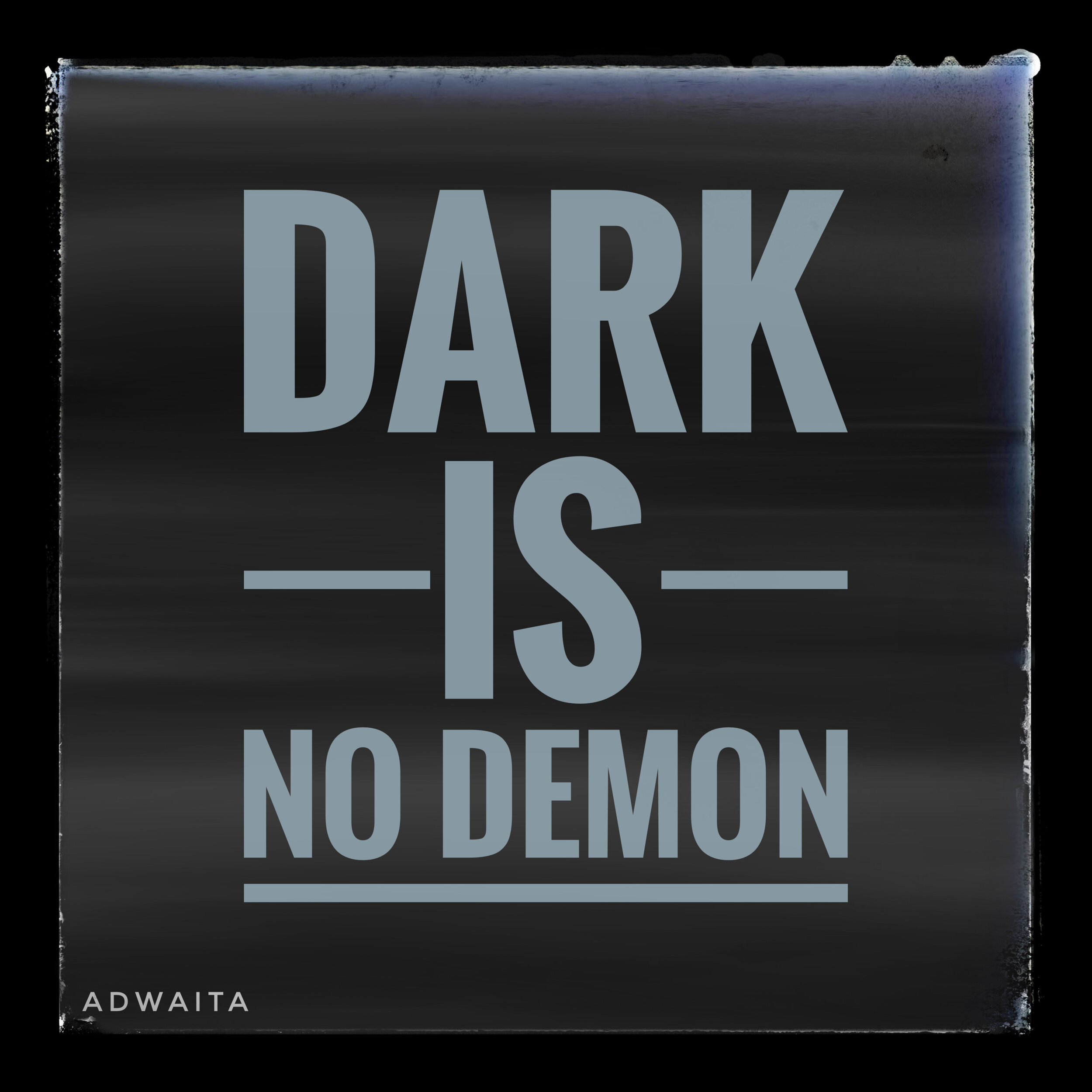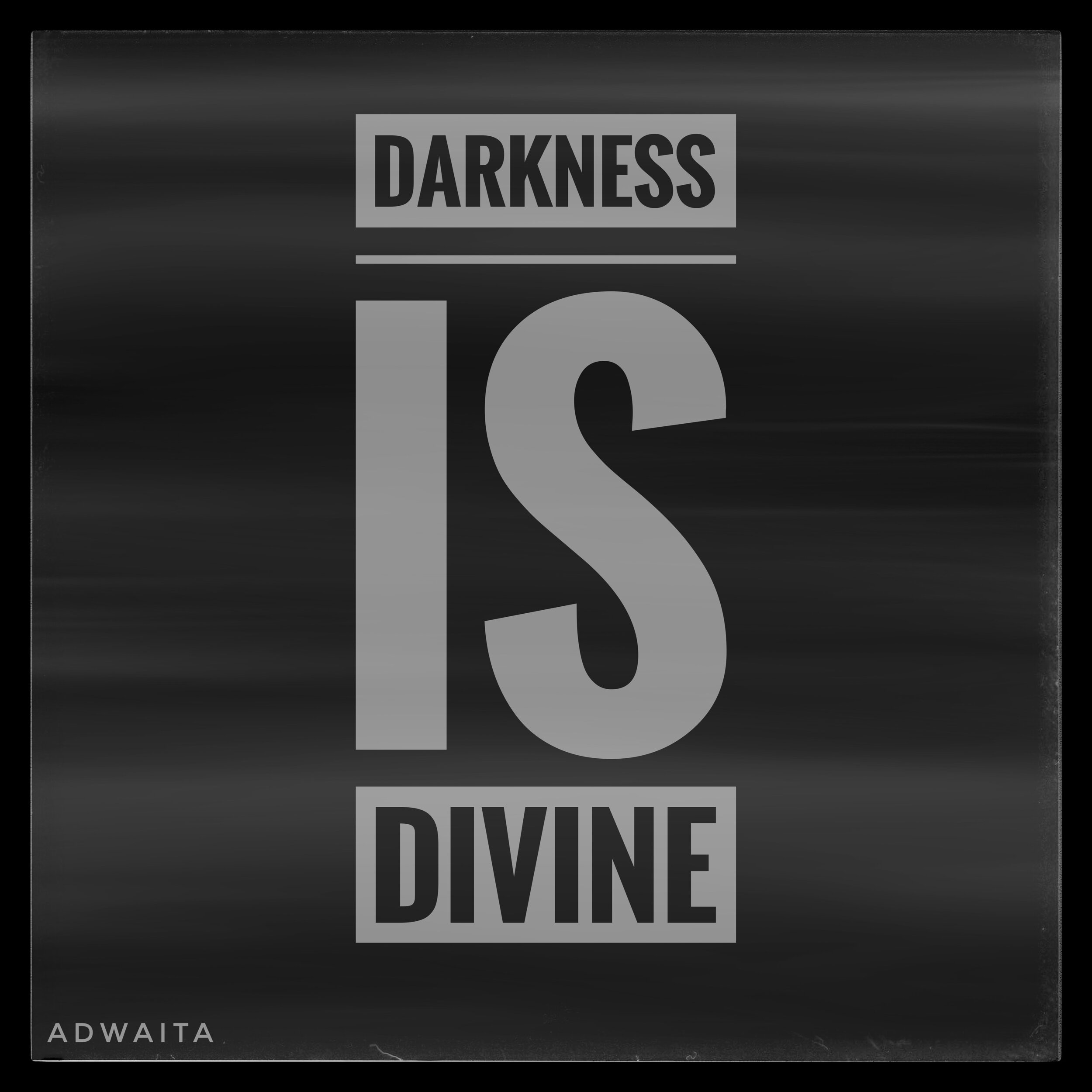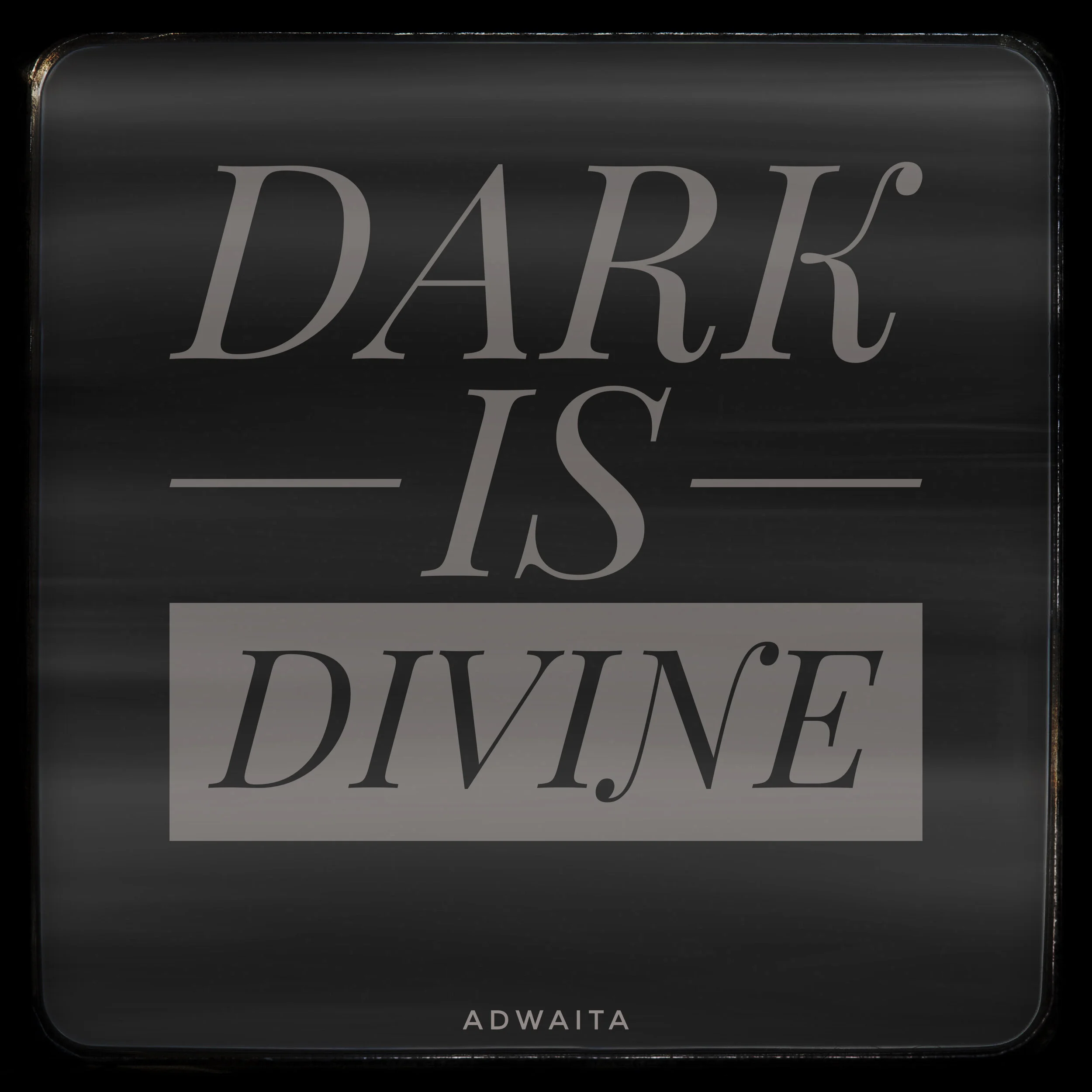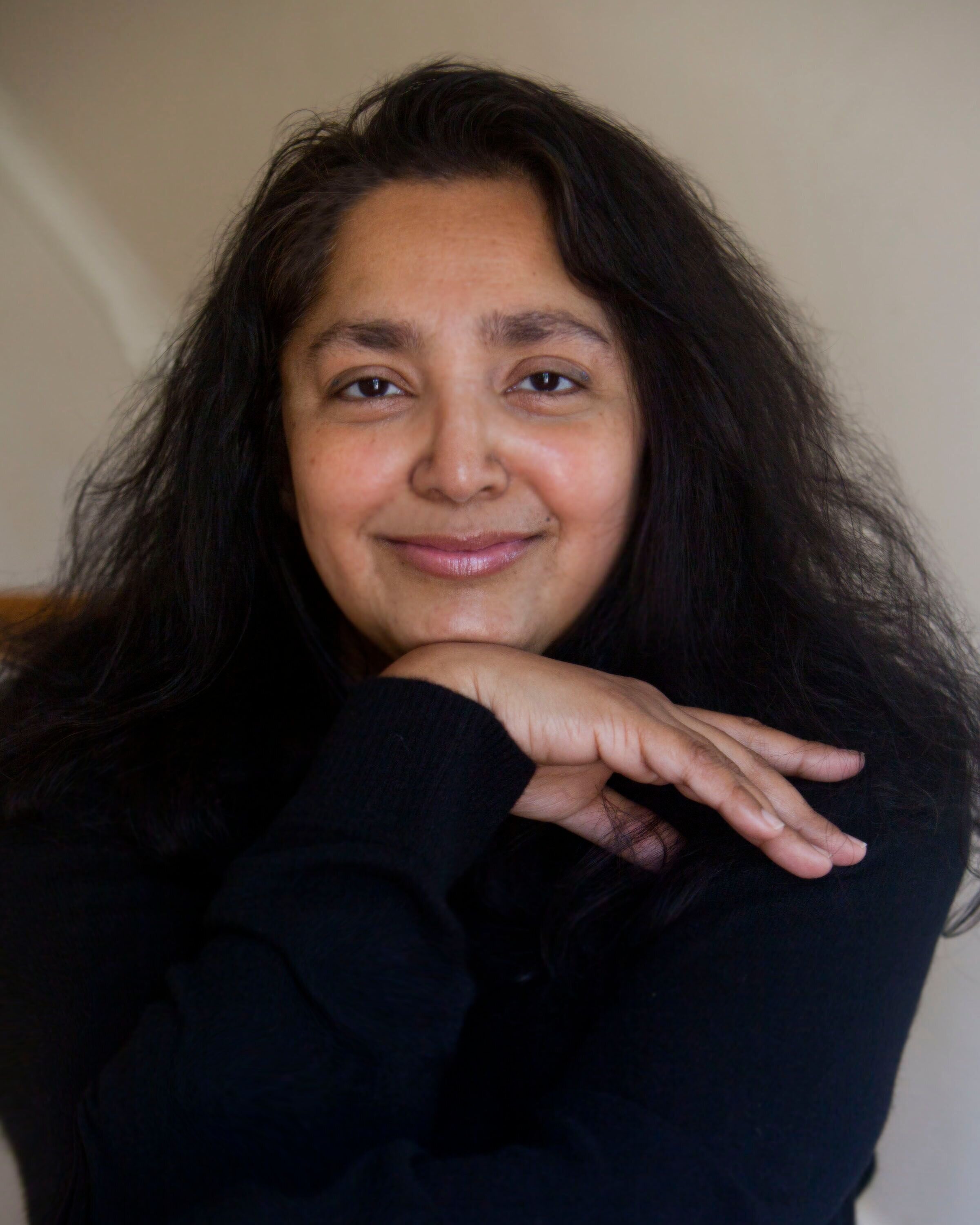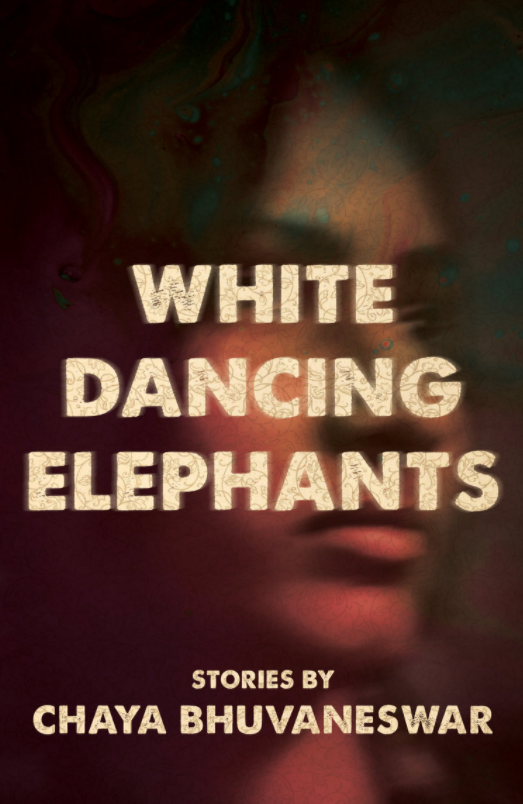Kailey Tedesco is the author of These Ghosts of Mine, Siamese (Dancing Girl Press) and the forthcoming full-length collection, She Used to be on a Milk Carton (April Gloaming Publications). She is the co-founding editor-in-chief of Rag Queen Periodical and a member of the Poetry Brothel. She received her MFA in creative writing from Arcadia University, and she now teaches literature at several local colleges. Her poetry has been nominated for the Pushcart Prize. You can find her work in Prelude, Bellevue Literary Review, Sugar House Review, Poetry Quarterly, Hello Giggles, UltraCulture, and more. For more information, please visit kaileytedesco.com.
Read MoreA Playlist for The Hanged Man
Joanna C. Valente is a human who lives in Brooklyn, New York. They are the author of Sirs & Madams, The Gods Are Dead, Marys of the Sea, Sexting Ghosts, Xenos, No(body), #Survivor: A Photo Series (forthcoming), and A Love Story (Vegetarian Alcoholic Press, 2021). They are the editor of A Shadow Map: Writing by Survivors of Sexual Assault and the illustrator of Dead Tongue (Yes Poetry, 2020). They received their MFA in writing at Sarah Lawrence College, and Joanna is the founder of Yes Poetry and the senior managing editor for Luna Luna Magazine.
Read MoreA Playlist for Justice
Joanna C. Valente is a human who lives in Brooklyn, New York. They are the author of Sirs & Madams, The Gods Are Dead, Marys of the Sea, Sexting Ghosts, Xenos, No(body), #Survivor: A Photo Series (forthcoming), and A Love Story (Vegetarian Alcoholic Press, 2021). They are the editor of A Shadow Map: Writing by Survivors of Sexual Assault and the illustrator of Dead Tongue (Yes Poetry, 2020). They received their MFA in writing at Sarah Lawrence College, and Joanna is the founder of Yes Poetry and the senior managing editor for Luna Luna Magazine.
Read MoreA Playlist for The Wheel of Fortune
Joanna C. Valente is a human who lives in Brooklyn, New York. They are the author of Sirs & Madams, The Gods Are Dead, Marys of the Sea, Sexting Ghosts, Xenos, No(body), #Survivor: A Photo Series (forthcoming), and A Love Story (Vegetarian Alcoholic Press, 2021). They are the editor of A Shadow Map: Writing by Survivors of Sexual Assault and the illustrator of Dead Tongue (Yes Poetry, 2020). They received their MFA in writing at Sarah Lawrence College, and Joanna is the founder of Yes Poetry and the senior managing editor for Luna Luna Magazine.
Read MoreThese Vegan & Cruelty-Free Soaps Are Amazing
BY JOANNA C. VALENTE
Now that the holiday season is underway and we’re ending a year spent in large amounts of isolation away from our loves ones, and having experienced immense tragedy, it can be difficult to find ways to be kind to ourselves and also celebrate the people around us.
For me, a way to combat this is finding little joys in the everyday, for me and ones I can share. I’m in the midst of ordering gifts for my family and friends to deliver to them (as I likely won’t see the majority of them) as a way to remind them that our love is no different.
That being said, it can also be difficult finding gifts for people who may have different interests, seem to have everything they need, etc. I also personally hate giving “useless” gifts, or gifts I like that I know will sit on a shelf collecting dust.
Recently, I was in the market for a new soap. Admittedly, I love finding new ones; for me, there’s something about the textures and scents that I can’t get enough of. While most of my skincare routine is fairly utilitarian, I’ll occasionally give myself a treat - and it occurred to me recently why people do actually gift each other high quality soaps, lotions, and skincare products: Because they make you feel good. It’s a treat, and we all deserve to indulge sometimes.
I discovered Guna’s Clean Beauty line, started by Sugandh, which she describes as “a love story to my Greek heritage,” and also as “a way to promote harmony and our choices (whether food or fashion) don’t embody any form of cruelty towards people or animals.” The line consists of three natural soaps, EARTH PARADISE, BLACK DIAMOND and BERGAMOT.
The soaps are vegan and cruelty-free (like her other products), and hand-cut and poured; I have the Black Diamond and Earth Paradise bars, and the soaps are surprisingly creamy and beautifully scented - which makes my bath experience a lot more delightful. They are the perfect treat for a long day followed by a hot bath or shower.
You can learn more here.
A Playlist for The Hermit
Joanna C. Valente is a human who lives in Brooklyn, New York. They are the author of Sirs & Madams, The Gods Are Dead, Marys of the Sea, Sexting Ghosts, Xenos, No(body), #Survivor: A Photo Series (forthcoming), and A Love Story (Vegetarian Alcoholic Press, 2021). They are the editor of A Shadow Map: Writing by Survivors of Sexual Assault and the illustrator of Dead Tongue (Yes Poetry, 2020). They received their MFA in writing at Sarah Lawrence College, and Joanna is the founder of Yes Poetry and the senior managing editor for Luna Luna Magazine.
Read MoreDarkness Divine by Adwaita Das
BY ADWAITA DAS
Act One
Darkness is no devil.
And yet,
Again and again and again
And again
We use the word
Dark
to define evil,
to describe horror,
Compelled by the primitive fear
Of
The unknown,
Of
The other,
Propelled by the mortal terror
Of
Dying,
Branded by conditions of race
Embedded in metaphors
Of
Language.
And then we wonder why black lives
Are brutalised by hate.
Act Two
But how to give up this convenient
figure of speech?
Remember this:
Earth was lifeless burning lava,
Until the planet tilted, became
Blessed with shadowy diffusion,
And birthed
Living organisms.
Nonetheless,
People of all colours are heard brooding,
“Dark days…”
“Great darkness gathering…”
“Black magic…”
“Being black hearted…”
And then we ponder why black lives
Are butchered by hate.
Act Three
A scientific fact:
Ninety five percent of the known universe is
Black;
Dark energy
and
Dark matter.
The darkness is not demonic.
We are blind—
Us humans—
Obsessed with baryonic particles in our
Five percent
Range of sight.
“Let in the light.”
“Pure white light.”
“Go to the light.”
“Bright holy light.”
Remember the blaze of weaponised explosions,
The brilliance of wildfire devouring plantations.
Light—frequently—is also the destroyer of life.
Act Four
Black night is my awakening;
I seek
The Darkness Divine!
Act Five
Stop using
“Dark”
to mean evil.
Stop using
“Darkness”
to define death.
Let language evolve.
Let language express
The actual event:
“Hatred.”
“Cruelty.”
“Violence.”
“Ignorance.”
Call it
Fear.
Call it by its true name.
Not dark or darkness again.
Black is a colour of life.
Dark are the cosmic nuclei.
Act Six
Black is the cool balm
Of
Shade
In blistering day
Under tropical sun.
Dark is the soul—
conscious,
subconscious,
and unconscious—
Celestial gravitation
Reflecting
The infinite cosmos.
Black is the wave
Of
Rebellion.
Dark is the new light.
I celebrate
The Darkness Divine.
A note from the creator:
Being from India, as opposed to Caucasian countries, I have a completely different relationship with everything dark. Our climate, in particular, gave me an appreciation of a reverse nature: light burns; shadow heals. White can be illness and death, while black could be a blessing. The scorching summer makes me cry out aloud for deep dark rain clouds.
In my mother-tongue Bengali, the word for darkness, "andhakaar", literally translates to "blind-form.” Because it is we who are blind in the dark. When we condemn it, we automatically lament our own blindness, rather than give the colour of darkness a bad association.
In mythology, my favourite is Kali—the dark black Goddess who destroys monsters with mad savagery and protects us. The Darkness protects us! “Kalo” means “black” in Bengali; “Kali” is “blackness” or “ink.”
Perhaps it is time to de-associate words like darkness from evil. Perhaps it is time to open our minds and languages to the divinity of the dark black.
Adwaita Das is an author-artist-auteur from India, Planet Earth. She studied English literature & filmmaking; worked in theatre, news & advertising. Her art explores mindfulness. Her books 27 Stitches, Colours Of Shadow & Songs Of Sanity deal with the human psyche.
A Playlist for Strength
Joanna C. Valente is a human who lives in Brooklyn, New York. They are the author of Sirs & Madams, The Gods Are Dead, Marys of the Sea, Sexting Ghosts, Xenos, No(body), #Survivor: A Photo Series (forthcoming), and A Love Story (Vegetarian Alcoholic Press, 2021). They are the editor of A Shadow Map: Writing by Survivors of Sexual Assault and the illustrator of Dead Tongue (Yes Poetry, 2020). They received their MFA in writing at Sarah Lawrence College, and Joanna is the founder of Yes Poetry and the senior managing editor for Luna Luna Magazine.
Read MoreA Playlist for The Chariot
Joanna C. Valente is a human who lives in Brooklyn, New York. They are the author of Sirs & Madams, The Gods Are Dead, Marys of the Sea, Sexting Ghosts, Xenos, No(body), #Survivor: A Photo Series (forthcoming), and A Love Story (Vegetarian Alcoholic Press, 2021). They are the editor of A Shadow Map: Writing by Survivors of Sexual Assault and the illustrator of Dead Tongue (Yes Poetry, 2020). They received their MFA in writing at Sarah Lawrence College, and Joanna is the founder of Yes Poetry and the senior managing editor for Luna Luna Magazine.
Read MorePhoto courtesy of Chaya Bhuvaneswar
Interview with Writer Chaya Bhuvaneswar
By Anita Felicelli
Editor’s Note: Anita Felicelli interviewed writer and physician, Chaya Bhuvaneswar, about her award-winning story collection, White Dancing Elephants, which was the winner of the 2017 Dzanc Books Short Story Collection Prize and a PEN American finalist for debut shorty story collection in 2019. Jimin Han called the book a “daring mix of ancient, contemporary, and dystopic stories carries us to the heart of rarely exposed longing, loss, and the politics of violence and endurance in remarkable, elegant, heart-stopping prose,” while Kirkus Reviews called it a “evocative, electric...an exuberant collection.”
Felicelli asked Bhuvaneswar poignant questions regarding the collection, writing about anger, motherhood, pregnancy loss, gender, and sexuality. You can read the interview below.
Anita Felicelli: We rarely see depictions of Tamil women's anger in books or films. In this book, there are many stories that explore this culturally forbidden emotion in an exceptionally full way. Can you talk a little about your process and what you tap into when exploring anger, how you translate this anger into language on the page and any challenges around that?
Chaya Bhuvaneswar: I love this question as a starting point, because it reflects an artistic choice to engage and acknowledge anger, to let it flower and see where it leads. That act is so critical, to refuse to swallow down our anger, especially within a Tamil culture so fundamentally dependent on women’s willingness and ability to gracefully stay ‘in place.’ It’s hard to imagine now: the things my father would say to me, the things other men in our community felt they had the right to say and do.
One year during undergrad, I actually wrote down a long list. Not only of what they’d said, but also what people outside the community had said to me in high school and college, the mocking slurs. So many stories come from that flint – those two experiences – violence ‘inside’ and violence ‘outside.’ I think the anger that flames out from those two striking against each other is at least partly what powers my work.
Once I start writing a given story, I would say there are no barriers I feel to fully exploring any emotion of the characters. The most challenging aspect of any piece of writing for me may be to understand how to structure the story around that emotional core, to find that balance between spontaneity and coherence.
AF: I found the miscarriage story that opens the collection really beautiful. We almost never see desi women characters who complicate certain cultural expectations related to motherhood. Can you talk a little about your choice to write the title story in second person as an address to the unborn fetus?
CB: For me, writing is the most productive when it’s unplanned. I hadn’t even planned to write that afternoon—I was jet lagged— but I was sitting in a small hotel lobby nothing like the one in the story in Amsterdam, and I missed my son. Missing him made me realize how much I also missed the child I miscarried. How I thought of that child as a distant child, not gone. Some of the most interesting stories to write emerge from writing about a person, place, even a thing, where the act of writing teaches you what you think and feel, what you didn’t know when you started putting words on the page. Meanings emerge as you write.
I am also interested in emotions that surprise me. Until my miscarriage, I was still so caught up in the unresolved work of forgiving and accepting my parents as people. I was still preoccupied with my parents, often angry at them, certainly disappointed at not getting the help from them I’d hoped to have in order to balance working full time with having a young baby. They, too, were quite angry at me for many reasons, not too many of which actually made sense, kind of a constant, bitter, broad anger that in a large way, I had “failed” as a traditional daughter.
Until that miscarriage, I didn’t even understand how much I loved and would love my own children and how that intensity would so completely displace the old intensity with my parents. I didn’t understand until the early morning that I saw the bleeding and couldn’t stop it, how much I could grieve a loss. I’m grateful to that story, “white dancing elephants,” if it makes sense to be grateful to a story, because it gave me the insight to shape my work life around that love of my family. Where “family” so clearly means my children and partner, not my parents in the same way. I’m very proud of my parents now. I’m proud of how they economized and saved up enough to have the retirement they’d hoped to; how they cared for my brother; how my mother, even now, is sewing us masks.
AF: And I'm always intrigued by whether or not sad or dark dimensions of life are aestheticized in various authors' stories. I feel we talk about this too little, about the role of aesthetics when rendering violence or tragic topics. In the title story about miscarriage, the voice is very lyrical. To what extent are you thinking about aesthetics or the "voice" of the story as you write?
CB: Unless the narrator of a story wants to objectify violence, I never want to, and if the narrator wants to dwell on those details, he’d better have a damn good reason. I don’t think I would have been able to or wanted to write from any viewpoint but Jayanti’s, the survivor’s, in “Orange Popsicles.” I wouldn’t want to write from the viewpoint of one of the rapists, who savored the quasi-pornographic aesthetics of what they were trying to do to her. I think so much of the violence I’m interested in is emotional, verbal. Lyricism can be a way the survivor, the listener, copes with that violence.
AF: And equally, there's a strong thematic thread of female-on-female betrayal, simultaneous friendship and betrayal, in many of these stories. As a writer, do you think consciously about complicating the narrative of perfect victims and perfect villains? I'm interested in how Sula might have influenced you in your writing of Talinda, for example. Or do these complications arrive for you at a more subconscious level?
CB: Everyone has themes and obsessions they continue returning to. For me it’s both betrayal and the fear of being betrayed, as well as the equally interesting process by which someone determines that they have “no choice” but to betray another. What I work on, in life as well as fiction, is to conceptualize “betrayal” from the point of view of the person who is doing the betraying.
Sula is such an important work and one I’ve repeatedly returned to. The rose birthmark. This quote:
“Like any artist without an art form, she became dangerous.”
― Toni Morrison, Sula
I remember reading that during a period of my life when I did not feel like I could make the time or space to write, and gradually reckoning with how true it was, how dangerous we can become to ourselves, when we don’t do all of what we’re supposed to do, when we don’t realize our purpose.
AF: How does your work as a psychiatrist inform your sense of gender and wild conduct in the book? When you're writing, do you think of characters on a clinical level, or do you see fiction as a completely distinct path into human disarray and foible? I think of a character like Maya in “The Shaker Chair” who acts against social norms evidently due to mental illness - does she have more of a backstory in your mind? How did you decide to place the story within the point of view of the Black psychiatrist Sylvia who treats her and is simultaneously repulsed and drawn to her?
CB: It’s taken me awhile to understand the answer to this question. I would say all gifted writers are acute psychologists. I’m often stunned by the psychological acuity of writers describing characters’ motivations. The level of understanding and insight is extremely humbling. But at the same time, writers don’t have, or want to have, the “therapeutic” mission, or at least, don’t want to have to include that aspect. I remember wincing, but acknowledging the truth of Zadie Smith’s statements, for example, emphatically differentiating “writing” from “therapy.”
Writing is driven by the writer’s desire, the urge to know and tell a story. If a story is brutal to the characters, but works as a story, that’s enough. So even though writers also share that psychological insight, there is no real connection between writing and psychiatry. In psychiatry, the sole purpose is healing. There’s nothing more important than the patient’s well-being.
AF: I'm fascinated by the erotic or sexual in these stories, the way sex so often shades into deep betrayal in these hugely energetic and dynamic stories in the collection. It feels, often, cathartic and visceral. I'm thinking in particular of the characters in “Orange Popsicles” and “Talinda” and “Chronicle of a Marriage Foretold” and “In Allegheny.” Can you talk a little bit about the intra-gender social dynamics you were tapping into with these stories?
Women’s desire is often mocked and judged. It was important to me to write stories in which there was no judgment, period, and the characters were allowed to want whatever they wanted. Perhaps that sense of freedom and absolute permission, permission on the basis of the women’s humanity alone, is what creates a sense of catharsis.
AF: In your story “Neela: Bhopal, 1984,” you use a fantasy or magic realist mode. To what extent do you think the political demands a more fantastic mode? Was this always a magic realist story or did it undergo different genre iterations?
Works by Arundhati Roy, Gabriel Garcia Marquez, Margaret Atwood and Haruki Murakami have been so important to me in thinking about this. It’s hard to tolerate the bleakness of political realities without creating some lens to view both small details and larger outlines. The fantastic mode is a way to approach the pain of looking at these realities – like what we’re seeing now, a calculus by which Senators’ response to a January briefing about the coming COVID-19 pandemic was to buy stock rather than warn the public or insist that the federal government prepare. Their profits were worth more to them than the millions of people who would die.
I’m not sure, though, that any theme or subject “demands” any particular mode. There are devastating, very realistic and understated political stories that don’t employ fantastical elements at all, like by the Pakistani-American writer, Daniyal Muennedin. And Chekhov, of course. So political. His story “Sleepy” is one of my favorites – realistic and completely chilling, the consequence of literally working someone to death. Above all, it’s important not to let ourselves look away from a given political reality. Fiction can be a way to face what has to change.
Chaya Bhuvaneswar is a practicing physician and writer whose work has appeared in Narrative Magazine, Tin House, Michigan Quarterly Review, The Awl, jellyfish review, aaduna and elsewhere, with poetry forthcoming in Natural Bridge, Quiddity, apt magazine, Hobart and more. Her poetry and prose juxtapose Hindu epics, other myths and histories, and the survival of sexual harassment and racialized sexual violence by diverse women of color. She received the Dzanc Books Short Story Collection Prize, a MacDowell Colony Fellowship, and a Henfield award for her writing. Her work received four Pushcart Prize anthology nominations in 2017. Follow her on Twitter at @chayab77 including for upcoming readings and events. She is the author of White Dancing Elephants.
Anita Felicelli is the author of CHIMERICA: A NOVEL and the story story collection LOVE SONGS FOR A LOST CONTINENT. CHIMERICA appeared on The Millions’ Most Anticipated: The Great Second Half of 2019 Book Preview, Fiction Advocate’s What to Read in September, and Ms. Magazine’s Hidden Gems of 2019. It was an Alta Fiction Pick for Winter 2020. LOVE SONGS won the 2016 Mary Roberts Rinehart Award. Anita’s stories have appeared in The Massachusetts Review, Alta Journal, Midnight Breakfast, Terrain, The Normal School, Joyland, Kweli Journal, Eckleburg, Catapult, and other places. Anita’s work has been nominated for Pushcart Prizes, won Greater Bay Area Journalism awards, placed as a finalist in several Glimmer Train contests, and received a Puffin Foundation grant. She graduated from UC Berkeley and UC Berkeley School of Law. She grew up in the San Francisco Bay Area, where she lives with her spouse and three children.
my mother is a doctor by Jessica Valdez
BY JESSICA VALDEZ
my mother is a doctor
my mother is a doctor
my mother was born
of mexican dirt
clutching only her name
a fierceness
a softness
and a dream
“do you have any other doctors in your family?”
a question that you hear a lot within medical training
yes, i say. my mother.
not the kind you are thinking of.
you see,
my mother never graduated from medical school
family never had enough money or desire to put a woman through elementary school
so mama took matters into her own hands
got caught twice by immigration
before they let her in
to her home in california
my mother is a doctor
her voice sings stories
of the time when she was my age
of how much she loves her job
working as a house keeper
a home keeper
home healer
home doctor
doctor
my mother is a doctor
and i’ll tell you why
because a house is a home
and a home is a body
it is a place
not only physical
that houses
organs
a belly or a kitchen
a bedroom or a brain
a living room or a heart
what difference does it make?
my mother knows houses like the inside of her heart
she knows that clutter
disorganization
uncleanliness
and dysregulation
are disease
to this house, body
and knows exactly how to clean it
how to heal it
my mother is a doctor
that when disease actually hit my father’s body
my mother knew
before any doctor did
she knew
how to heal his soul
how to let him go
when his body
could not hold on
even a house
does not live forever
but the energy
the vibrance
can be felt
now at age 66
she still cleans
every body, home
still in awe of the breaking
of the healing
of the rising
of the human spirit
and the precious life that connects us all
this is the physician i aspire to be
Jessica Valdez is a Mexican-American poet and medical student living in San Francisco, CA.
A Playlist for The Lovers
Joanna C. Valente is a human who lives in Brooklyn, New York. They are the author of Sirs & Madams, The Gods Are Dead, Marys of the Sea, Sexting Ghosts, Xenos, No(body), #Survivor: A Photo Series (forthcoming), and A Love Story (Vegetarian Alcoholic Press, 2021). They are the editor of A Shadow Map: Writing by Survivors of Sexual Assault and the illustrator of Dead Tongue (Yes Poetry, 2020). They received their MFA in writing at Sarah Lawrence College, and Joanna is the founder of Yes Poetry and the senior managing editor for Luna Luna Magazine.
Read MorePhoto by Maya Washington
'Time is emotional for me': An Interview with Poet Sara Borjas
BY MONIQUE QUINTANA, IN INTERVIEW WITH SARA BORJAS
The last time I saw Sara Borjas was a few weeks ago when we spoke over the produce section at Costco. There were quick laughs and unspoken intentions, the thought that we'd know a little more about ourselves and the places we exist in the next time we meet again. Sara's debut poetry collection speaks to moments like these. A recipient of the American Book Award, Heart Like a Window, Mouth Like a Cliff ( Noemi Press, 2019 ) shows growing up in another kind of California. Simultaneously urban and rural, hot and cold, high tech and nostalgic, Fresno, CA, is celebrated and lamented in the book and its loves. In the essay near the center of the book, ' We Are Too Big for This House, ' Borjas creates new mappings of time, space, and the familial archive. She talks about writing the piece here.
Monique Quintana: It's often said that we begin essays with questions that we want to ask about ourselves. When would you say you started writing "We Are Too Big For This House" in your mind? What were you most surprised about when you eventually wrote it down to page?
Sara Borjas: I started writing it because Carmen Giménez Smith said the speaker in my collection isn't fully understood with what poems I was offering her in my manuscript. She told me to ask myself: What is it I am not saying? Why is the speaker so tender and so resentful? I was not surprised about what I eventually wrote, but I am surprised about how its form offered what feels like the singular way I could express what feels like a given and obvious experience for me at intersections of my identities.
Cover image via Noemi Press
MQ: When I read your essay and the notes on the margins, I think about how time works for Xicanas and our memories. As someone who's invested in the intersections of feminism, pop culture, and archive, how do you experience time differently with the women in your life? What is a song, TV show, film, or any other art piece that resets time for you?
SB: There's not a thought that I have that isn't conversing with my doubt and my own oppressive tendencies. I feel like we, Xicanas, are always living at times of intense colonization, liberation, and the present moment, which makes every moment tense and potentially reckless. Time is heavy, no matter where I am. And I think women in my life have been taught either euphemisms or slogans of oppression like "everything happens for a reason" or "I'm just grateful" or "some people have it worse." I've heard it called "toxic positivity," but I don't know it's that for women of color or all Xicanas. So I feel like my investments and my privilege, built on their labor, helps me see those as survival tactics, and also, things I refuse to participate in anymore because suffering shouldn't beget more suffering. I also understand that they're necessary for many Xicanas, and much peace and choices are built on them. I'm incapable of crossing of into that "positive" thinking because I feel like I remember everything, even the things that didn't happen to me specifically in my lifetime, and so sometimes I feel guilty for knowing or thinking I know. It can be a special type of lonely. Time is emotional for me. And the only thing that resets that, without a doubt, is the song "Ascension" by Maxwell, and a moment when I feel truly, truly loved.
MQ: What do you want most for new Latinx essays to interrogate about ourselves?
SB: I want something very specific—I want Xicanx writers to interrogate our machiste. I want most for Xicanos to interrogate their machiste. It's played out, "laughable and lethal" (as Jess Row says of whiteness) and oppressing us all.
SARA BORJAS is a Xicanx pocha, is from the americas before it was stolen and its people were colonized, and is a Fresno poet. Say their names.
Her debut collection of poetry, Heart Like a Window, Mouth Like a Cliff was published by Noemi Press in 2019 as part of the Akrilica series and received a 2020 American Book Award. Tony McDade. Sara was named one of of Poets & Writers 2019 Debut Poets, is a 2017 CantoMundo Fellow, represents California as a CantoMundo Regional Chair, and is the recipient of the 2014 Blue Mesa Poetry Prize. Dominique "Rem'mie" Fells. Her work can be found in Ploughshares, The Rumpus, Poem-a-Day by The Academy of American Poets, and The Offing, amongst others. Sandra Bland. She is a lecturer in the Department of Creative Writing at UC Riverside, where she works with innovative undergraduate writers.
Ahmaud Arbery. She believes that all Black lives matter and will resist white supremacy until Black liberation is realized, lives in Los Angeles, and stays rooted in Fresno. Justice for Breonna Taylor and George Floyd and the countless others. She digs oldiez, outer space, aromatics, and tiny prints is about decentering whiteness in literature, creative writing, and daily life.
Abolish the police. Find her @saraborhaz or at www.saraborjas.com. Say their names.
Monique Quintana is a Xicana from Fresno, CA, and the author of the novella Cenote City (Clash Books, 2019). Her short works have been nominated for Best of the Net, Best Microfiction, and the Pushcart Prize. She has also been awarded artist residencies to Yaddo, The Mineral School, and Sundress Academy of the Arts. She has also received fellowships to the Community of Writers, the Open Mouth Poetry Retreat, and she was the inaugural winner of Amplify’s Megaphone Fellowship for a Writer of Color. You can find her @quintanagothic and moniquequintana.com.
Photo: Joanna C. Valente
Poetry Candle Magic: A Way to Pause, Reflect and Find Joy
Joanna C. Valente is a human who lives in Brooklyn, New York. They are the author of Sirs & Madams, The Gods Are Dead, Marys of the Sea, Sexting Ghosts, Xenos, No(body), #Survivor: A Photo Series (forthcoming), and A Love Story (Vegetarian Alcoholic Press, 2021). They are the editor of A Shadow Map: Writing by Survivors of Sexual Assault and the illustrator of Dead Tongue (Yes Poetry, 2020). They received their MFA in writing at Sarah Lawrence College, and Joanna is the founder of Yes Poetry and the senior managing editor for Luna Luna Magazine.
Read MoreIf I Am Tired, I Will Rest
The kingdom of heaven — whatever that place is to you — does not care about how many books you have published nor how many emails you have answered.
Just imagine dying without truly understanding just how many shades of blue the sky contains?
Read More



































